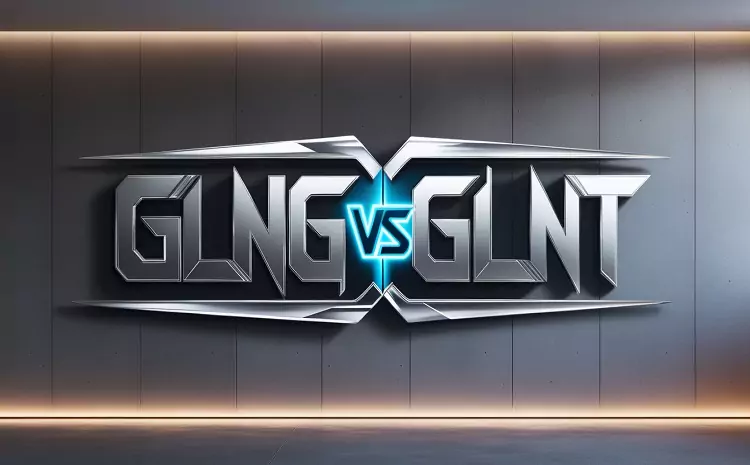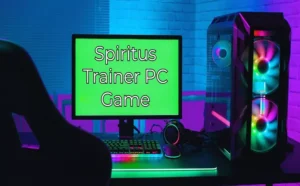In the world of online gaming, acronyms play a significant role in communication. Two commonly used acronyms are GLNG and GLNT. While they may seem similar, they convey different messages. Understanding these terms can enhance your gaming experience and help you navigate interactions with other players.
This article will delve into what GLNG and GLNT stand for, their meanings, and how they are used in gaming contexts.
Key Takeaways
- GLNG stands for “Good Luck, No Grief” or “Good Luck, Noob Game.”
- GLNT stands for “Good Luck, Not Thank You” or “Good Luck Next Game, Not Good Game.”
- These acronyms reflect different attitudes and sentiments within the gaming community.
- Knowing the meanings can improve communication and enhance your gaming interactions.
What Does GLNG Stand For?
GLNG is an acronym often used by players in online games. It typically stands for “Good Luck, No Grief” or “Good Luck, Noob Game.” Here’s a closer look at the meanings:
Good Luck, No Grief: This version encourages players to have fun and enjoy the game without causing trouble or negative feelings.
Good Luck, Noob Game: In this context, it can be seen as a playful way to wish someone luck while acknowledging their inexperience.
The use of GLNG suggests a positive attitude, fostering a supportive atmosphere among players.
Meanings of GLNG
| Meaning | Description |
|---|---|
| Good Luck, No Grief | Encourages a positive gaming experience |
| Good Luck, Noob Game | Acknowledges inexperience in a light-hearted way |
What Does GLNT Stand For?
On the other hand, GLNT has different interpretations, often standing for “Good Luck, Not Thank You” or “Good Luck Next Game, Not Good Game.” Here’s a closer look at these meanings:
- Good Luck, Not Thank You: This usage can indicate a dismissive attitude, suggesting that a player is not overly invested in their interactions.
- Good Luck Next Game, Not Good Game: This version implies that while a player may wish another luck, they did not enjoy the previous match.
Meanings of GLNT
| Meaning | Description |
|---|---|
| Good Luck, Not Thank You | Indicates a dismissive attitude |
| Good Luck Next Game, Not Good Game | Suggests dissatisfaction with the previous match |
Comparing GLNG and GLNT
Understanding the differences between GLNG and GLNT can enhance communication among gamers. Here’s how they compare:
Tone
- GLNG conveys a positive, supportive tone, promoting a good gaming environment.
- GLNT can reflect a more neutral or negative sentiment, sometimes dismissive.
Usage Context
- GLNG is used to encourage players, wishing them well in their gaming experiences.
- GLNT may be used after a disappointing game or to express a lack of enthusiasm.
Comparison of GLNG and GLNT
| Aspect | GLNG | GLNT |
|---|---|---|
| Tone | Positive and supportive | Neutral or negative |
| Usage Context | Wishing players well | Expressing dissatisfaction |
Why Understanding Acronyms Matters in Gaming?
Knowing the meanings of terms like GLNG and GLNT can improve interactions within the gaming community. Here are a few reasons why this knowledge is valuable:
- Effective Communication: Understanding these acronyms allows for clearer exchanges between players.
- Improved Relationships: Using the right term can foster a positive atmosphere in games.
- Cultural Awareness: Familiarity with gaming jargon helps players feel more connected to the community.
- Enhanced Enjoyment: Recognizing the tone behind these acronyms can lead to a more enjoyable gaming experience.
Importance of Understanding Acronyms
| Benefit | Description |
|---|---|
| Effective Communication | Promotes clearer exchanges |
| Improved Relationships | Fosters a positive atmosphere |
| Cultural Awareness | Connects players to the gaming community |
| Enhanced Enjoyment | Leads to a more enjoyable experience |
Conclusion
The acronyms GLNG and GLNT represent different sentiments within the gaming world. Understanding what GLNG means—“Good Luck, No Grief” or “Good Luck, Noob Game”—compared to GLNT—“Good Luck, Not Thank You” or “Good Luck Next Game, Not Good Game”—can greatly enhance communication and relationships among players.
By knowing the tone and context behind these terms, gamers can navigate interactions more smoothly and contribute to a positive gaming environment. As gaming continues to evolve, staying informed about terms and acronyms is essential for fostering camaraderie and enjoyment in the gaming community.








